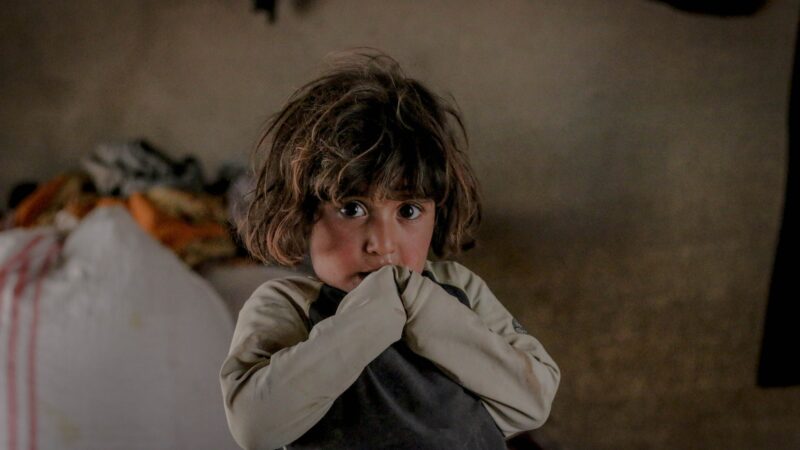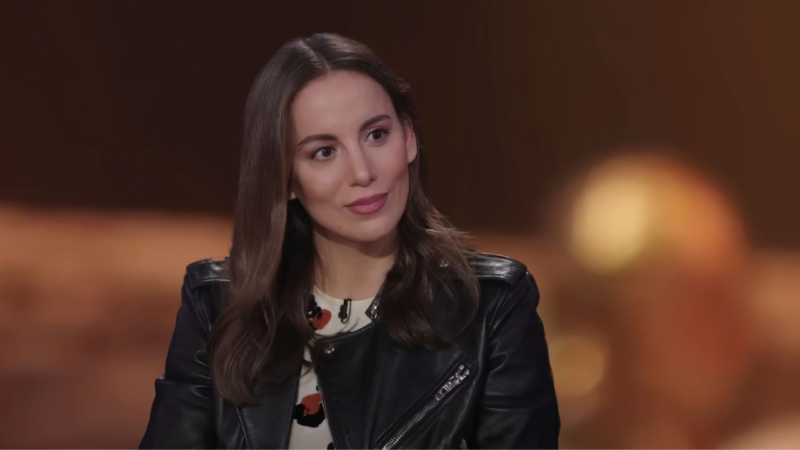Steps Taken By Modi Government In An Aftermath Of Pulwama Attack So Far!

Following the dastardly terror attack of February 14, when Pakistan-based terrorist organization Jaish-e-Muhammad (JeM) targeted a convoy of vehicles carrying CRPF Jawans in the Pulwama district of Jammu and Kashmir which resulted in the death of 40 brave hearts soldiers, the government of India has led no stone unturned in defaming and isolating Pakistan worldwide.
The whole nation was wrapped in mourning after this horrifying incident took place and is now in a state of aggravation, for such a devastating act, against Pakistan.
While the nation seeks revenge, here are the steps taken by the Modi Government in response to this act of cowardice:
- Withdrawal of MFN status and Custom duty hiked by 100%:
In less than 24 hours after the barbaric incident, in a Cabinet Committee Security (CCS), India withdrew the status of Most Favoured Nation (MFN) accorded to Pakistan. This status was basically meant to ensure non-discriminatory trade practices between nations. The decision was intended to isolate Pakistan diplomatically and squash the country’s economy.
India has withdrawn MFN status to Pakistan after the Pulwama incident. Upon withdrawal, basic customs duty on all goods exported from Pakistan to India has been raised to 200% with immediate effect. #Pulwama
— Arun Jaitley (@arunjaitley) February 16, 2019
Upon Withdrawal, Custom duty on all the goods imported from Pakistan was hiked by 100% leading to a drastic increase in the prices of goods in India which has severely affected Pakistan’s Industry. Some of the major commodities that were imported were fruits and nuts, plastering materials and cement.
- Diplomatic boycott from several other nations:
Hours after the terror attack, The Foreign Secretary, Vijay Gokhale held meetings with heads of 25 major countries briefing them about the traumatic incident and the involvement of Pakistan in aiding and supporting various terrorist organizations including the one responsible for attacks in Pulwama. The country also demanded to isolate Pakistan from the diplomatic community and have requested the nations to cease their support to Pakistan in any form. Leading to which the attacks have received criticism from the international community and so have Pakistan.
India is also expected to intensify efforts to isolate Pakistan in Financial Action Task Force (FATF) during its plenary meeting scheduled to take place later this month.
- Security of Separatist leaders withdrawn:
The administration of Jammu and Kashmir in consultation with the centre has withdrawn security and all other government facilities from separatist leaders, namely, Mirwaiz Umar Farooq, Abdul Ghani Bhat, Bilal Lone, Hashim Qureshi, and Shabir Shah. This decision was taken after the home minister, Rajnath Singh, during his visit to Srinagar said, “Security given to people having links with ISI and getting funds and support from Pakistan should be reviewed”. However, the Hurriyat Spokesperson considers the order of the government ‘a propaganda’ which has no relation with the Kashmir dispute and in no way changes the reality.
- Full Freedom given to Armed Forces:
In wake of the deadliest terror attacks, the Modi government has given full freedom to all the armed forces to punish the preparators of the attack. Saying that the sacrifices of the martyrs will not go in vain, the Prime Minister said that no matter where the leaders of terrorist organizations hide, they will be taught a lesson and has to pay a heavy price. In less than a week after Pulwama attack, the mastermind Kamran alias Rasheed Ghazi killed in an encounter by the security forces. Another local JeM recruit Hilal Ahmed along with two sympathizers who housed Ghazi and Ahmed to evade capture were also shot dead in the encounter.
With a heavy heart and Respect, the nation paid final tributes to the martyrs in Pulwama attacks with full state honours. The opposition and other parties stand in solidarity with their full support with the government in this moment of mourning and grief in the nation.
————
ABOUT THE AUTHOR: This article is written by Shreya Kohli, our intern.





